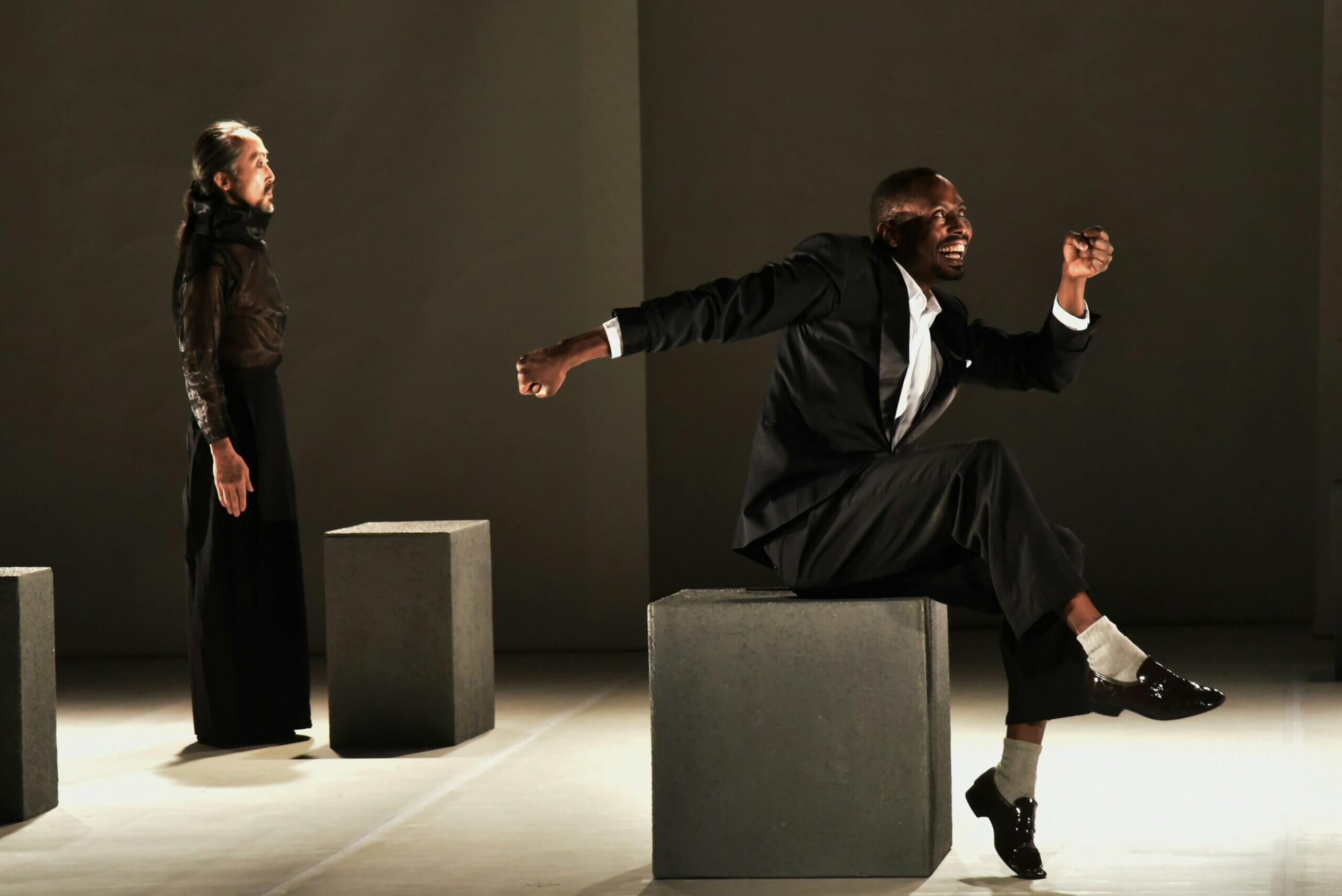Actress Mercedes Kilmer Discusses Her Acting Debut in Action-Crime Thriller ‘Paydirt’
It’s a last name that needs no introduction. Mercedes Kilmer, daughter of actors Val Kilmer and Joanne Whalley, has entered the family business, making her big-screen acting debut in the action-crime thriller Paydirt.
In the film, the newly-minted actor plays a newly-minted district attorney, entering the same business as her father, a retired veteran sheriff who is determined to right the wrongs of a case he was involved in years earlier.
And the person who plays the D.A.’s veteran sheriff father? The actress’ veteran actor father, Val. Now, when the film hits theaters and On Demand August 7, the ingénue and the vet will be officially working in the same profession, just like their law-enforcing Paydirt characters.
The younger Kilmer, 28, spoke to Casting Networks about her first feature film experience, and what it was like sharing scenes alongside her father.
How did this father/daughter acting duo happen in Paydirt?
The filmmakers had an idea of what they wanted for the character, and we all thought it would add an interesting layer to the script — to have us actually be related and working in the same business. It provided a more deepening of the script.
You’ve been in short films, but this is your first feature. Did you think strategically when you decided Paydirt would be your feature acting debut?
I didn’t necessarily think about it in those terms. One of the things I love about acting is that there are so many external elements you’re not in control of. I did think it would be a really fun challenge. I put a lot of thought into how to understand people outside of my own experience and to challenge my subjective value system as an actor. To play someone similar to myself was very interesting. That’s what makes acting so magical — on set, you actually do have real relationships with people. It’s more about revealing the truth of those relationships instead of pretending to have a different one.
Now that the film is about to be released , looking back at the experience, how was it?
It was a fun challenge. Also, my dad’s disability provided such an eye-opening experience on set. I realized that working with disabled actors has been appallingly absent from my training, and my own acting experience.
Your dad’s disability — a result of his well-known bout with throat cancer, and subsequent tracheostomy tube — has altered his speaking voice and impacted his professional life as an actor. What was it like working with him?
It was such an honor to be part of a film that has a disabled lead. Any acting challenge can provide a potential source of inspiration, if you allow it to. My dad’s speech difficulties have opened up so many new avenues of communication for him. Because he’s had such good training as an actor, he now uses that training to circumvent his difficulties speaking.
You could not really tell there was a disability there!
Exactly. But he is disabled, and a lot of disabilities are not as apparent. Some people are in a wheelchair, some people have completely hidden disabilities, and some use tricks of the cinema to hide it, which is what we did.
Setting aside that he is your father, what was the biggest takeaway for you working with a disabled actor?
I think this project is very historical, and is heralding a bigger shift in entertainment. Beyond how my dad works when the cameras are rolling, it was things like being aware of him needing certain accommodations because of his disability. Because my dad is such a well-known person, I think he will open doors for people with different disabilities to not only work in front of the camera but also get the accommodations they need. That’s exciting to me, and I’m proud to have been part of that.
Was acting a conscious career choice for you, or more of an inevitable choice?
I’ve always thought of acting conceptually. I always knew I wanted to do something critical, and have always enjoyed English as a subject, including reading, comprehension, and writing. I’m also very sensitive physically. Acting is the only thing that unites both of those things for me. So it wasn’t so much, “I want to act.” It was more, “this is the only thing I’m capable of doing, without leaving out a huge part of myself.”
Is your last name helpful or a hindrance when you navigate this business?
It has a very mixed effect. It’s quite apparent how it can benefit me. But for me starting out, playing a supporting role in Paydirt was very special because we wanted to incorporate the truth of our real-life relationships into the characters. I understand that in some instances, being known outside the character can be a hindrance to the actual project. Sometimes people don’t want to be associated with that, or the name doesn’t add anything of value to the project. So it’s had many different effects. It hasn’t all been positive, and it hasn’t all been negative. Of course, I’ve been so privileged having grown up the way I did. My family, they are all very intelligent, and very talented. The older I get, the more cognizant I am of what a resource they are.
Do you find that you gravitate more toward one parent’s style of acting than the other?
My parents have been very careful to let both me and my brother Jack (Palo Alto, The Nice Guys) have separate acting experiences from them, which has been really good. But I do identify with the way they work. My mom does a lot of research. My dad is more feeling-based. My mom will read tons of books about, say, Ann Boleyn, and then show up and play her. My dad, on the other hand, will wear the clothes of the character and have a much more experiential preparation. But to tell you the truth, the family member I learn from most is my brother. He is so talented. He’s the person I talk to if I need advice about an audition.
Some actors find the audition process very nerve-wracking. What’s your experience been?
I like acting, so if someone lets me perform for 30 minutes in a room, I love it, even if I don’t get to come back and do it again. I mean, it’s nice when you get hired. Unfortunately, with this pandemic and the way technology has been evolving, it’s all heading toward taped auditions, which, sadly, takes some human interaction and passion out of it. The exciting and creative part of the audition is allowing yourself to be affected by somebody. If you’re just reading from a piece of paper on your own, you don’t get the opportunity to be affected by the other person in the room.
With production not quite up and running in Hollywood, how are you keeping yourself busy?
I have one film that will be coming out later this year, but everything else is on hold because of the pandemic. I’ve been doing a lot of plays on Zoom. I’m in a group with other actors, and we do it to perform and keep busy. I’m looking to do more speech and voice work, like audiobooks, which can be done from home. I want to use the limitations of this time to do something creative and unusual.
Looking to get your big break? Sign up or login to Casting Networks and land your next acting role today!
Related articles:
Telling the Truth on Camera With Casting Director Brian Beegle
From Her Directing Debut to Her American Acting Debut, It’s a Time of Firsts for Tilda Cobham-Hervey
Where to Find Inspiration for a Fulfilling Acting Career




